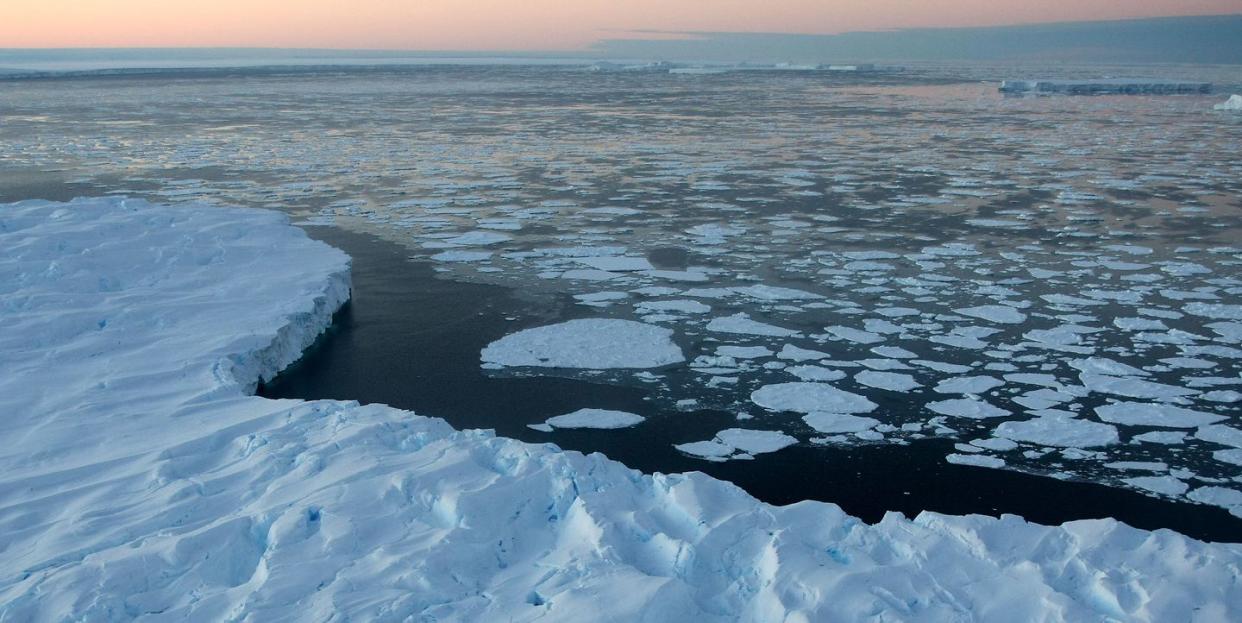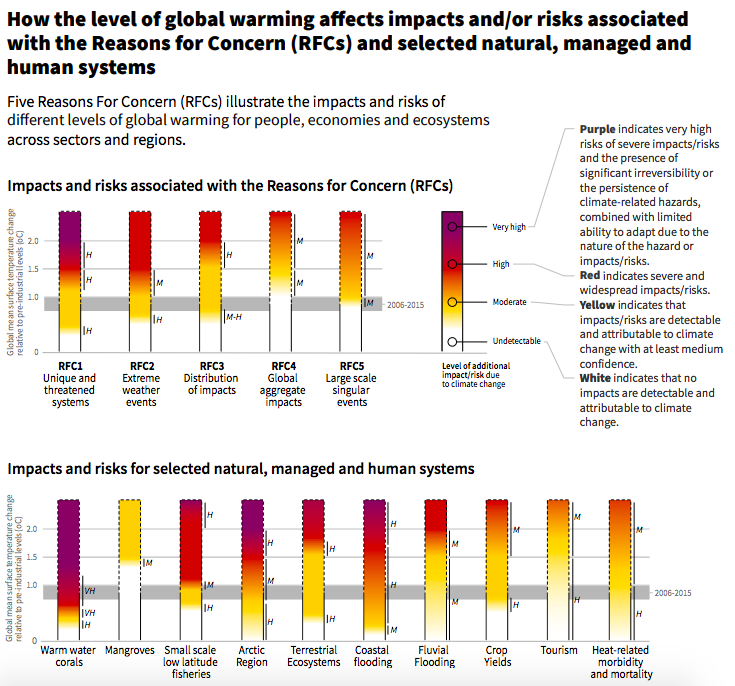A New UN Report Warns of Global Warming's Dire Consequences

The Intergovernmental Panel on Climate Change (IPCC) has delivered an ultimatum of sorts on the fate of the planet with regard to global warming. The countries of the world "require rapid, far reaching and unprecedented changes in all aspects of society" in order to limit global warming to a rise of 1.5 degrees C. For these changes to meaningfully effect humanity, the IPCC warns, they must take place within the next 12 years.
The latest IPCC report comes ahead of the Katowice Climate Change Conference in Poland in December, where the world's governments will examine progress made in holding to the Paris Agreements of 2015. Beyond the United States promising to abandon the Agreement in 2020, the rest of the signees have not been hitting their targets either.
Written by 91 authors and review editors from 40 countries, the report also features 133 contributing authors, over 6,000 scientific references and was subject to 42,001 expert and government review comments before publication. The IPCC functions under the auspices of the United Nations.
The report does not discuss the idea of reversing global warming. Rather, it states with a high degree of confidence that "human activities are estimated to have caused approximately 1.0°C of global warming above pre-industrial levels, with a likely range of 0.8°C to 1.2°C. Global warming is likely to reach 1.5°C between 2030 and 2052 if it continues to increase at the current rate." 2030 is just 12 years away.

The report consistently highlights the difference between a rise of 1.5°C from pre-industrial levels and a rise of 2°C. "For instance," says an executive summary, "by 2100, global sea level rise would be 10 cm [centimeters] lower with global warming of 1.5°C compared with 2°C. The likelihood of an Arctic Ocean free of sea ice in summer would be once per century with global warming of 1.5°C, compared with at least once per decade with 2°C. Coral reefs would decline by 70-90 percent with global warming of 1.5°C, whereas virtually all (> 99 percent) would be lost with 2°C."
“Every extra bit of warming matters, especially since warming of 1.5ºC or higher increases the risk associated with long-lasting or irreversible changes, such as the loss of some ecosystems,” says Hans-Otto Pörtner, Co-Chair of IPCC Working Group II, one of three working groups comprising the report, in a press statement.
The report's main concern is with rising carbon dioxide levels in the Earth's atmosphere. It suggests that carbon dioxide removal as well as drastic changes in human activity will be necessary to limit the rise to 1.5°C. First and foremost among these changes, according to Chapter 4 of the report, is a transition to solar energy, wind energy and electricity storage as opposed to fossil fuels.
While energy systems play a massive role in the future of climate change, the report does not end there. It also recommends improving irrigation efficiency, the expansion of electric vehicles, the adaptation of "smart grid" electrical systems, improving the efficiency of food production, and even promoting dietary choices which give off lower emissions (beef, in particular, has a large carbon footprint).
The IPCC recognizes that these sort of drastic changes would mean for many a reworking of society. "Limiting warming to 1.5ºC is possible within the laws of chemistry and physics but doing so would require unprecedented changes,” says Jim Skea, Co-Chair of IPCC Working Group III, in a press statement.
But the benefits would unfold over time. A limited rise would give people across the globe and ecosystems across the planet a measure of breathing room, facing a planet with worse weather and climate than from pre-industrial days but one still hospitable to thriving human life.
Source: IPCC
('You Might Also Like',)

